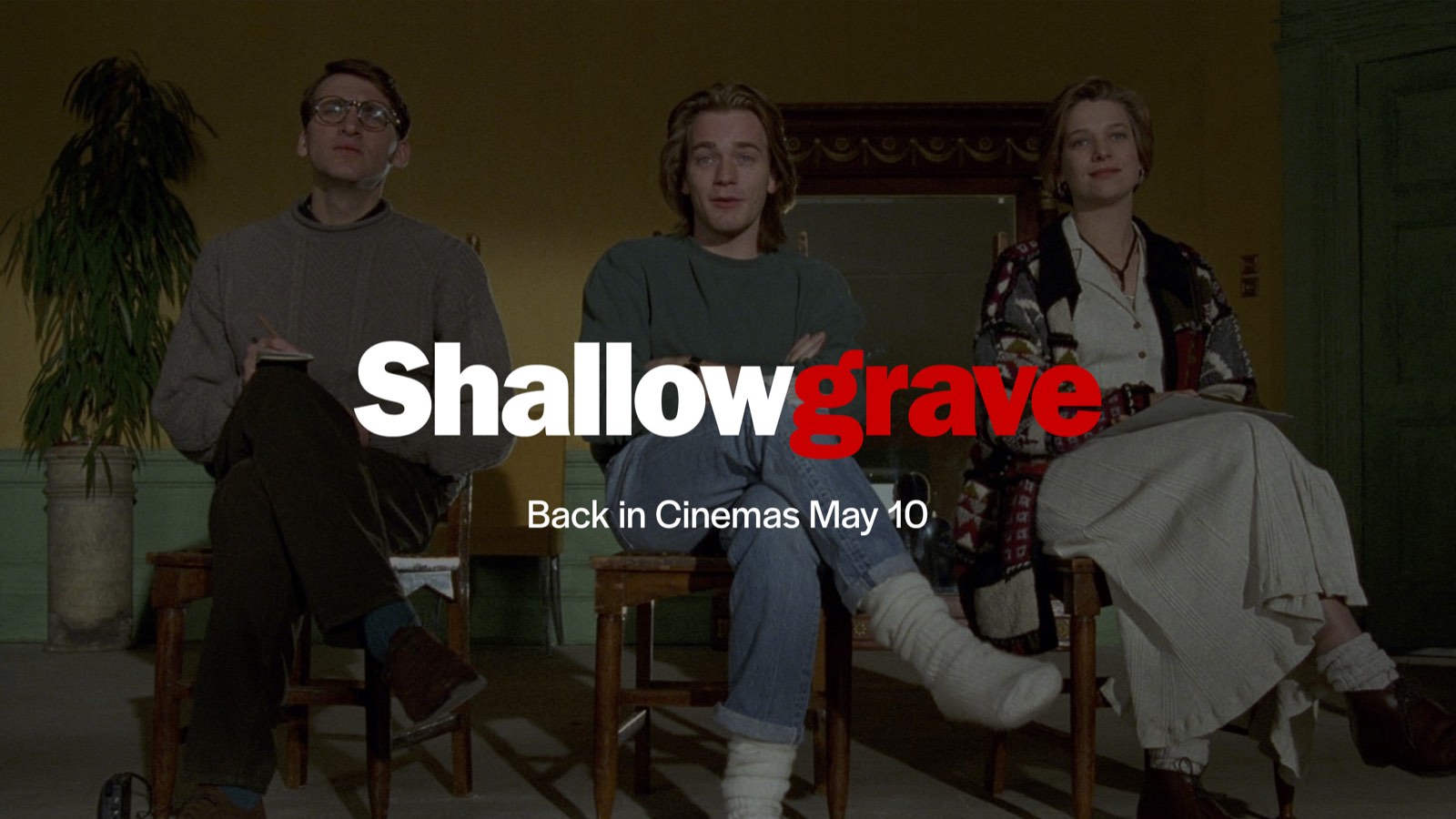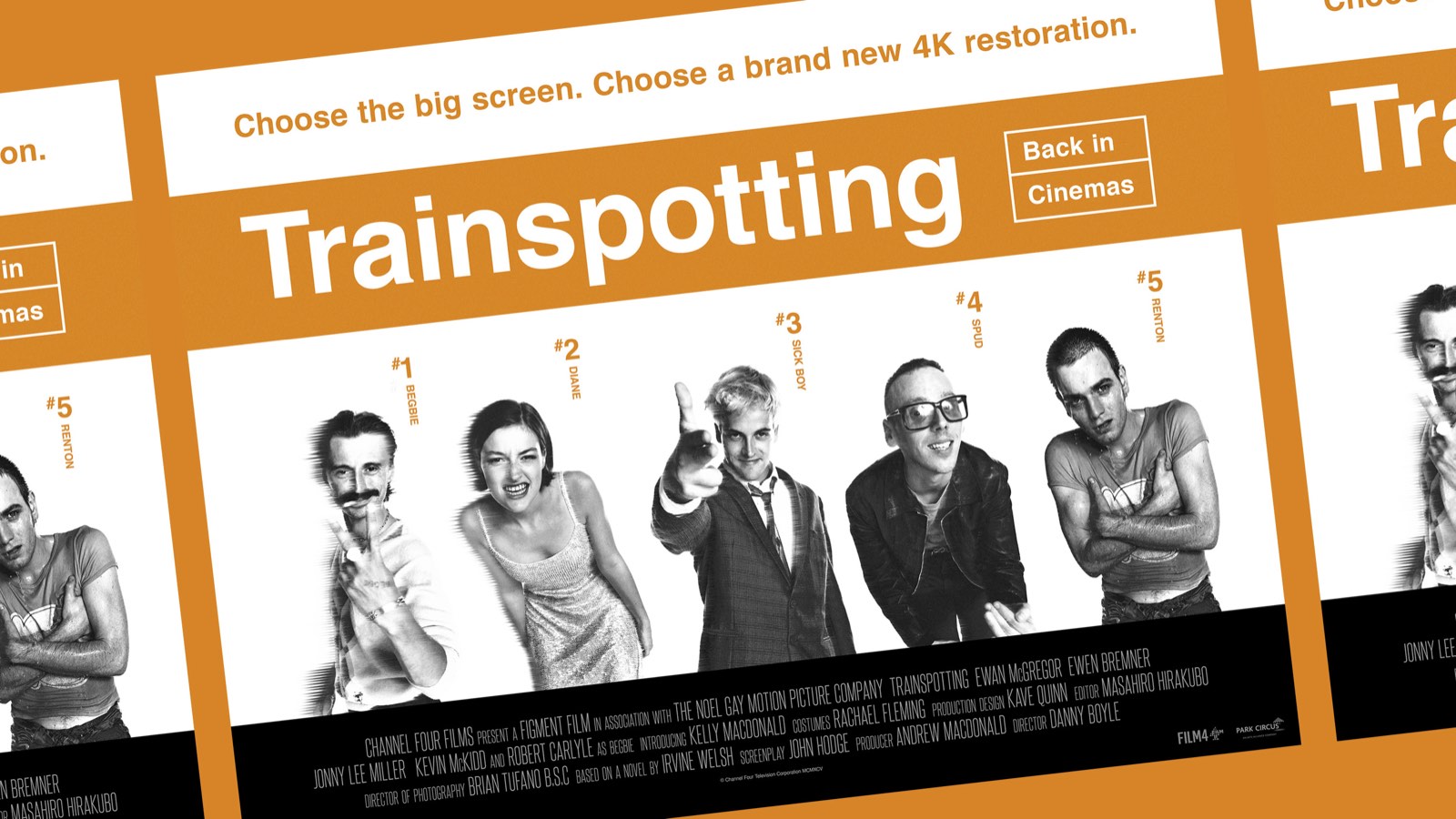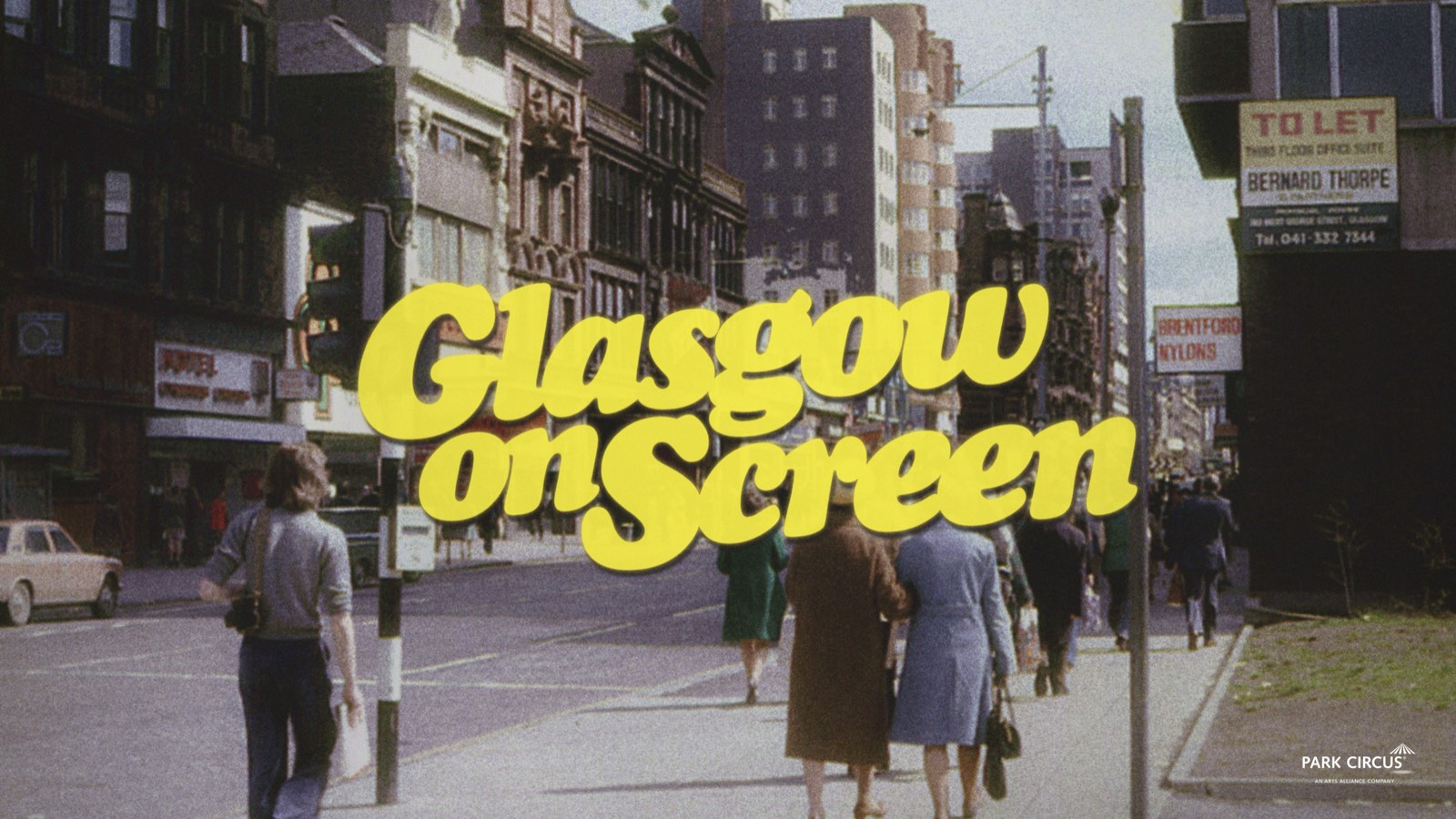
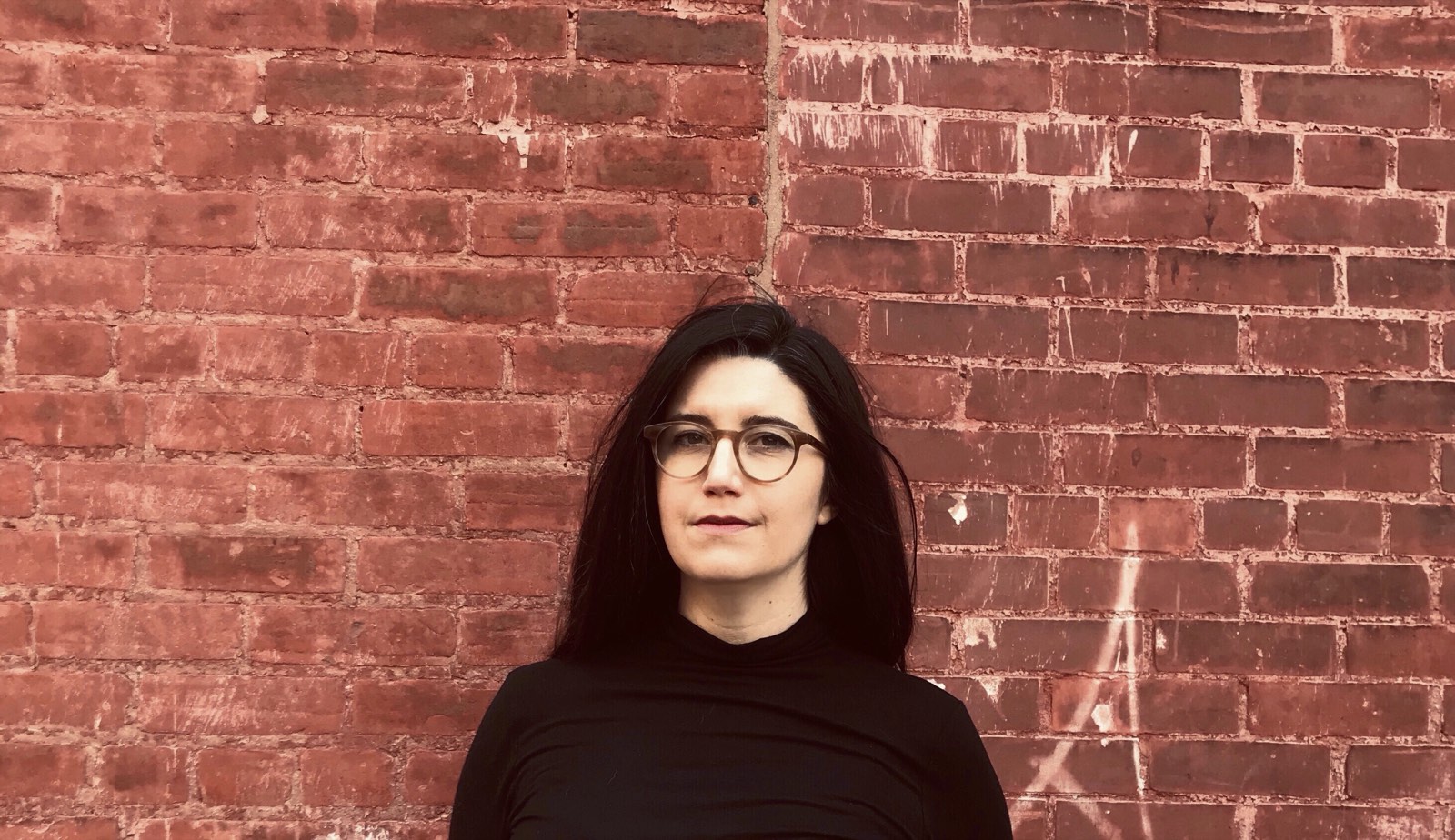
During these trying and uncertain times, we hope to be able to spread a little bit of love and movie magic by showcasing some of the wonderful exhibitors that we work with.
Amanda Brason of TIFF Cinematheque talks about how wonderfully overwhelming the big screen experience can be, the role of cinemas in building bridges between great films and our audiences and more.
Tell us a little more about you and your cinema.
My name is Amanda Brason and I’m the Senior Coordinator for TIFF Cinematheque in Toronto, Canada.
My route to working in film wasn’t exactly a direct one; it came after years of working with visual artists and galleries and eventually through a Masters degree that went awry when I realised the world of film was, for me, an exciting but relatively undiscovered one. At the time I remember arguing with my advisors that of course I should include cinematic examples as evidence for my thesis; to me, the worlds of visual art and film felt indistinct from one another.
Being part of a small, but incredibly dedicated team, TIFF Cinematheque functions as an essential part of the larger Toronto International Film Festival. Simply put, TIFF Cinematheque operates year round to share with audiences the best that the history of cinema has to offer.
We specialize in repertory screenings organized around director retrospectives, regional spotlights, and thematic programming, alongside monthly series dedicated to Canadian cinema, genre filmmaking, and experimental film. Founded by current TIFF Senior Programmer James Quandt, TIFF Cinematheque has had a long history in the Toronto film community and is celebrating its 30th anniversary in 2020.
Can you tell us your earliest cinematic memory?
Strictly speaking, the first film I saw in a theatre was The Little Mermaid when I was four, but I obviously don’t remember any of it.
The film that came next however I remember quite clearly; it was 1993, I was eight years old and celebrating a friend’s birthday by going to see Jurassic Park on the big screen.
Looking back, a few moments stand out: how the crackling roar of the T-Rex toppled out over the speakers; when the herd of Brachiosaurus appear out of the jungle mists beautiful and dreamlike, and how the cavernous theatre itself came to feel like an extension of the dangerous island. Sitting in the dark theatre with my friends for the first time was equal parts thrilling and terrifying, and perhaps just slightly too early, as the next day my arms and legs were bruised from clamping onto the chair in complete terror.
Among firsts, Jurassic Park comes up a lot as a ‘first’ theatre film of my generation - and how could it not? It looms so large in our imagination because it came to us when we were so small and offered a terrifying, but exciting world to step into.
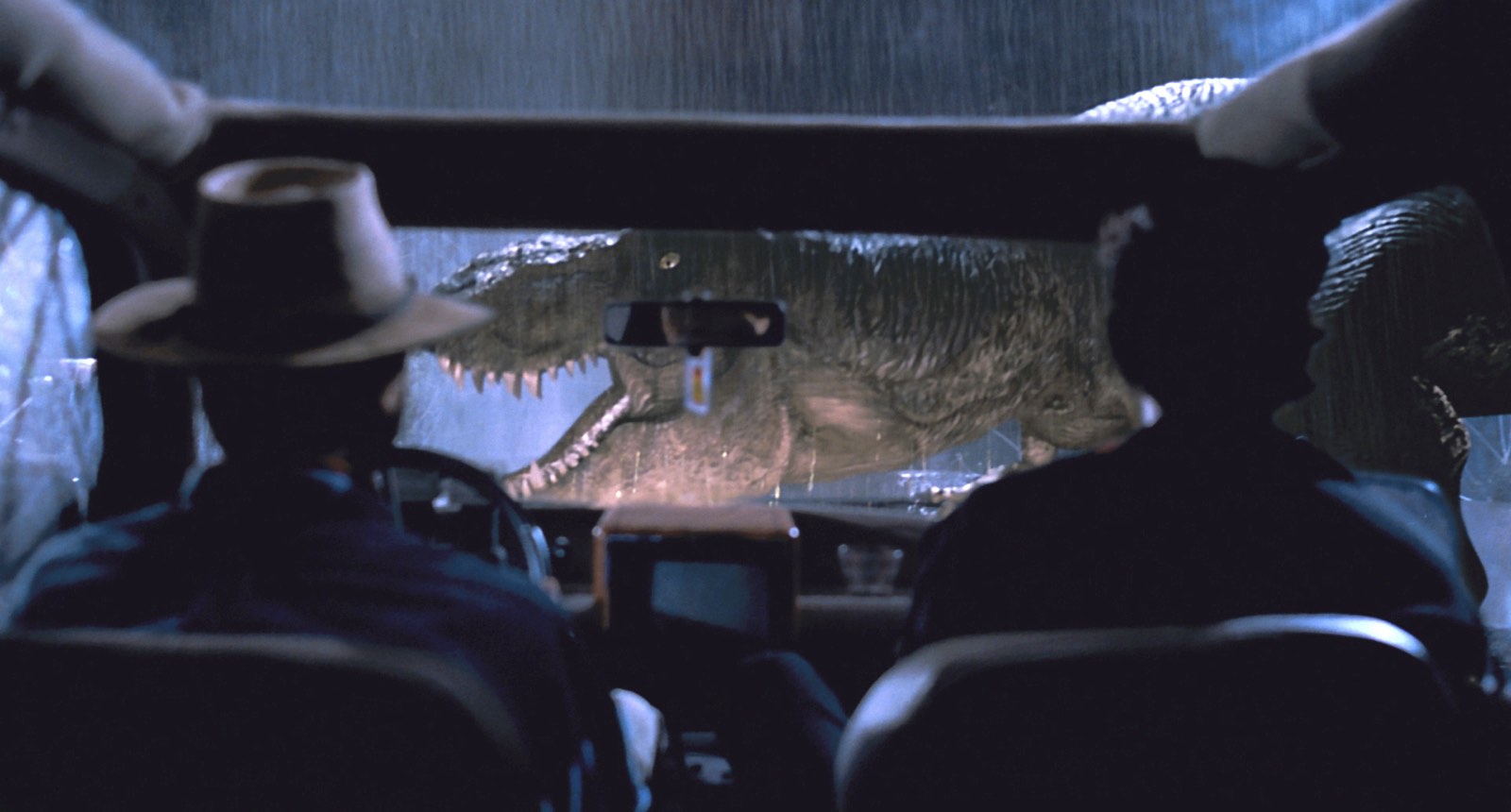
Jurassic Park (1993)
Why do you think the collective cinema experience is so important for audiences?
I am biased, for sure, but there’s something almost elemental to seeing a film on the big screen. Unlike watching films at home, the theatre has the unique capacity to overwhelm you, to flood the senses; and so even if you’ve seen a film before, watching again in that context can take on an entirely new resonance.
I would have first seen Antonioni’s The Passenger (Professione Reporter) while at university, and I wish I could say it was a shattering experience (as now Antonioni can be counted amongst my favourite filmmakers), however it wasn’t quite that. It wouldn’t be until I saw it again presented theatrically that my understanding of the film completely changed. The intense alienation of the vast desert became more oppressive; the formless journey of Locke became even more elliptical, and in that ambiguity I felt a freedom from narrative and a deeper ability to be present in the flow of the film. Afterward, it seemed like everyone in the theatre moved a little more slowly as if the film’s own meditative pace had somehow transferred onto the audience.
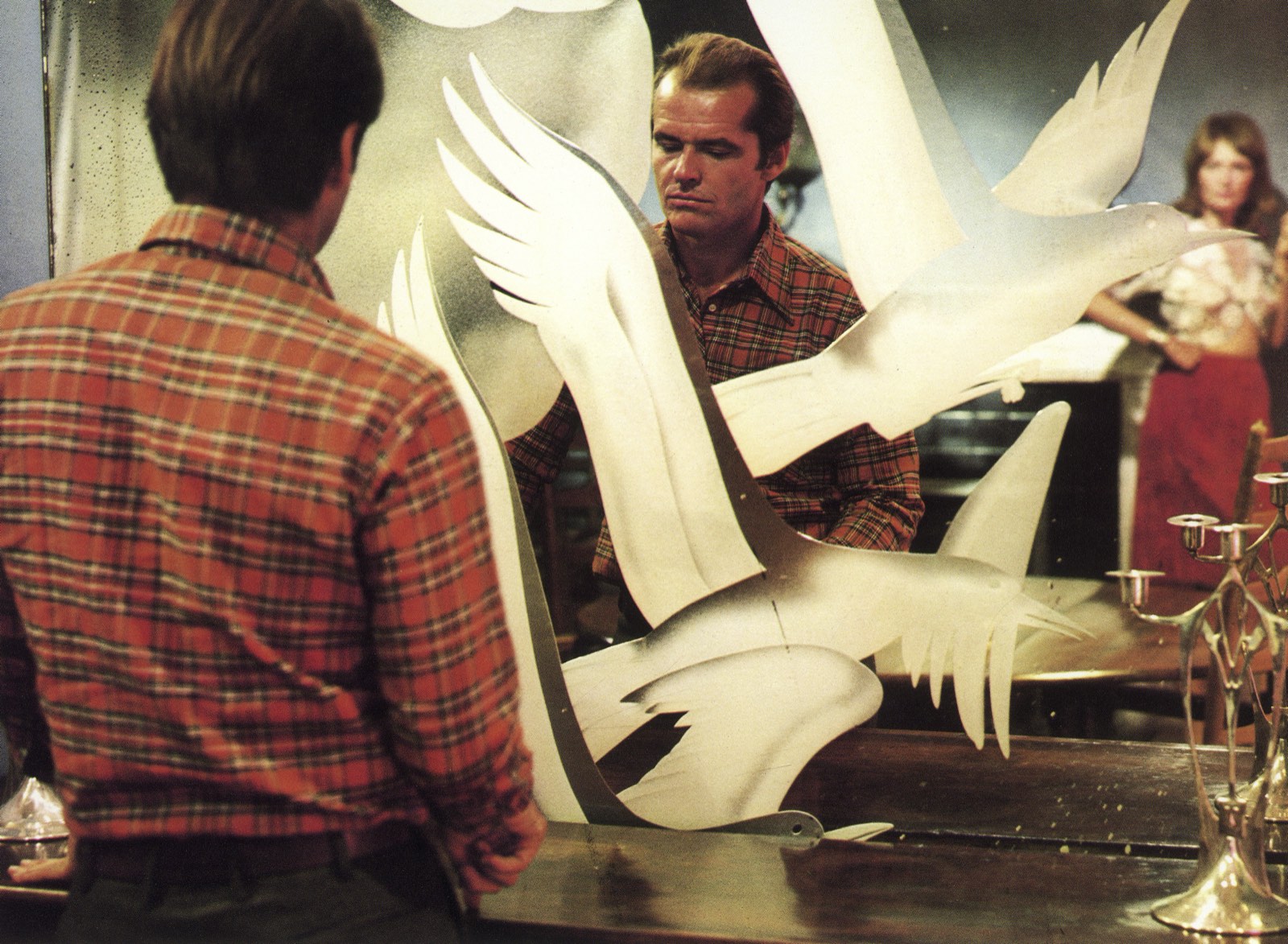
The Passenger (Professione Reporter) (1975)
What do you take into consideration when programming for the cinema?
There really are so many considerations that come into play when setting the programming for a season at the Cinematheque. These factors can be anything from recent restorations newly available in meticulously revived formats, touring programmes that are journeying to cinematheques and repertory houses around the world, or perhaps highlighting a filmmaker that has been overdue for a spotlight. In the past two years TIFF has originated director retrospectives on the likes of Elaine May, Gérard Blain and Euzhan Palcy. However, there are usually two factors that seem to rise above the rest: how to best serve our audiences while also offering a balanced selection of the best that the history of cinema has to offer. Our aim is to celebrate the history of film while also looking to expand the choir of cinematic voices so that the conversation in film is a dynamic and inclusive one.
The current global situation is having a huge impact on all of us across the film industry. What are the plans for the TIFF family to maintain connection with their passionate audiences during these difficult times?
Now more than ever, I think we are realizing how meaningful the collective experience is, and though there’s no question that while digital technology is helpful in this isolating moment, it’s also not quite the same as being together. Cinemas have operated as physical sites of shared experience and with that space suddenly unavailable, TIFF continues to look for every opportunity to do what we do best: building bridges between great films and our audiences.
TIFF is working in partnership with our longstanding sponsor Bell Media to create Stay-at-Home Cinema, a curated series from Crave’s extensive selection of films, accompanied by conversations with special guests via Instagram. So far, we’ve digitally hosted conversations with Viggo Mortensen, Guillermo del Toro, Amma Asante, Himesh Patel, Jasmin Mozaffari, and Ethan Hawke. To make things even easier, Stay-at-Home Cinema virtual Q&As will now stream simultaneously on Twitter, Facebook, YouTube and our website. Until we are next able to meet at the cinema, join us from wherever you are.


